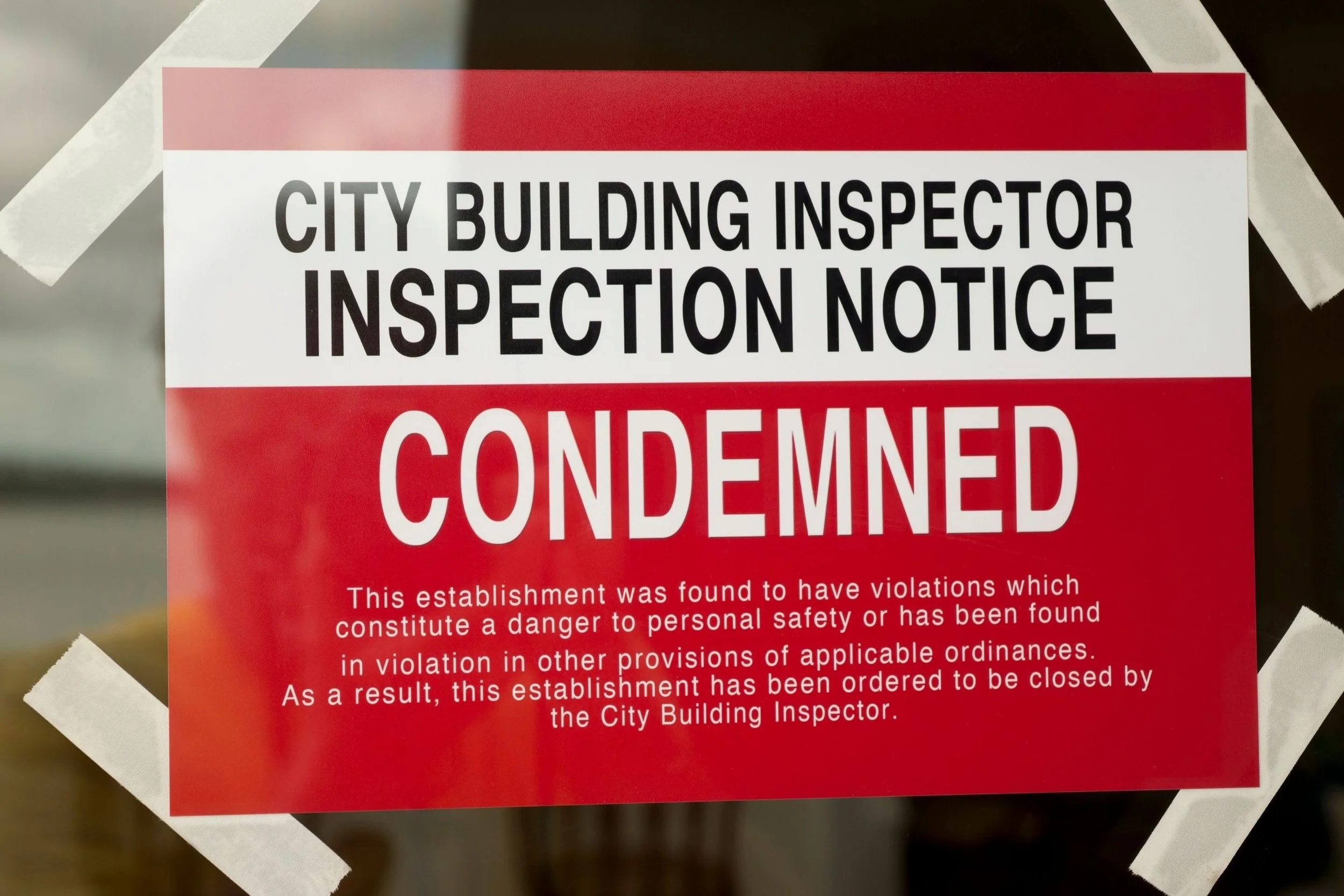
Northeast Ohio Real Estate Law
Trusted by Homeowners. Respected by Contractors. Relied on by Landlords and Investors.
N.P. Weiss Law delivers trusted advocacy at every stage of real estate across Lake, Lorain, and Cuyahoga Counties.
Our Real Estate Legal Services:
-

Fraudulent Non-Disclosure
We represent property sellers and agents facing claims of nondisclosure, working to clarify obligations and protect your rights.
-

Contractor Disputes
We advocate for property owners and contractors in disputes involving workmanship, payment, and contract enforcement.
-

Consumer Sales Practices Act
We defend clients accused of violating Ohio’s CSPA in real estate transactions, focusing on compliance and fair representation.
-

Contractor Hiring Guide
Vetting your contractor and understanding local requirements can help prevent disputes and avoid costly litigation.
-

Landlords and Property Investors
We assist landlords and investors with lease enforcement, eviction proceedings, and compliance with Ohio’s rental laws.
-

Code Violation Defense
We represent clients cited for housing, building, or nuisance code violations, helping resolve citations and defend against enforcement actions.
-

Liens and Title Disputes
We help resolve lien and title issues—such as mechanic’s and judgment liens—to support clear and lawful property transfers.
-

Zoning and Land Use
We guide clients through zoning laws, land use restrictions, and permitting to avoid delays and ensure compliance.
-

Property Rights
We help define and protect ownership and usage rights, including deed and lease review and boundary disputes.
-

Community Associations
We support homeowner and condominium association boards with governance, bylaw enforcement, and dispute resolution.
Planning a Real Estate Transaction or Facing a Dispute?
Schedule a Paid Consultation
Take the first step toward clarity and resolution. Schedule a confidential consultation to help you understand your options and move forward with confidence.
Prefer to Meet in Person?
We offer in-person consultations at both of our Northeast Ohio offices in South Euclid and Elyria.
Frequently Asked Questions
-
It depends on the issue. Some matters settle in a few weeks, while others—especially those involving litigation—can take several months or longer. We’ll give you a realistic timeline based on your specific situation.
-
Often, yes. We explore negotiation, mediation, and other alternatives first—because resolving things efficiently and cost-effectively is our goal.
-
Don’t wait. Contact an attorney right away to review the documents, explain what’s happening, and start building a plan to protect your rights.
-
Every case is different. Some cases resolve quickly and affordably; others take more time and resources. We’ll give you a clear estimate and keep you informed every step of the way.

Experienced in Disputes, Trusted for Deals: We resolve contractor conflicts, lease disputes, and title issues with practical insight and strategic advocacy—helping clients avoid problems before they start.
Local Court Knowledge: We regularly appear in housing and municipal courts across Cuyahoga, Lake, and Lorain Counties, and understand the nuances of each jurisdiction—from South Euclid to Elyria.
Balanced Representation: We represent both property owners and contractors, offering fair, informed counsel that prioritizes resolution and protects long-term success.
Responsive & Relatable: We communicate clearly, act quickly, and focus on practical solutions that align with your goals—whether you're protecting your home, managing a rental, or running a service-based business.
Why Choose N.P. Weiss Law for Real Estate Matters
Meet the Real Estate Law Team
-
Rachel Kuhn
Senior Associate Attorney
Rachel is a Cleveland native and seasoned real estate attorney with a strong background in advising businesses, nonprofits, and community associations. Her ability to navigate both transactional and regulatory challenges makes her a trusted resource for property owners and board members across Northeast Ohio.
-
Nicholas Mitchell
Associate Attorney
Nicholas represents homeowners, landlords, and contractors in disputes involving construction defects, contract violations, and fraudulent nondisclosure. He works with clients on both sides of contractor conflicts to resolve issues efficiently and fairly, offering practical guidance rooted in real-world experience.












